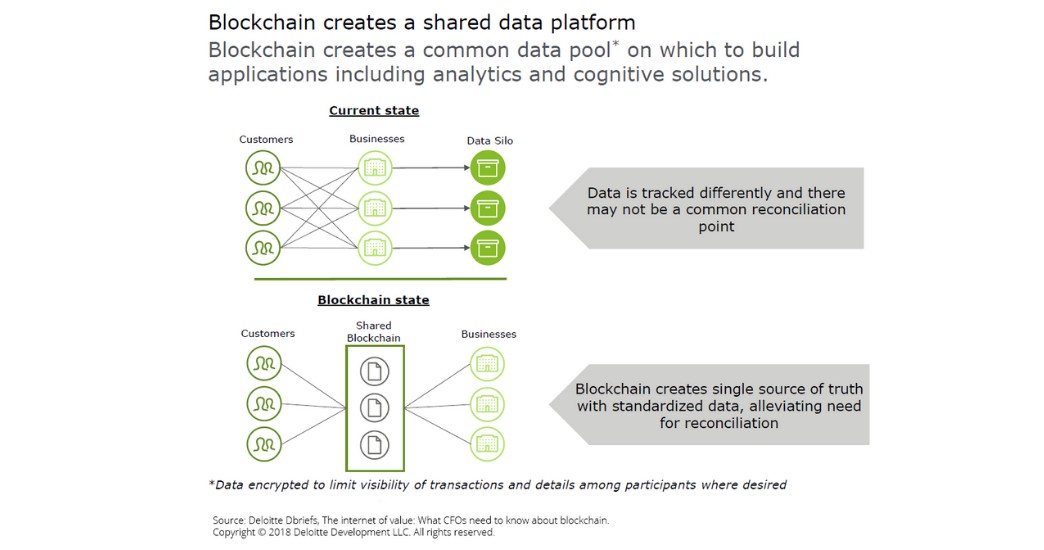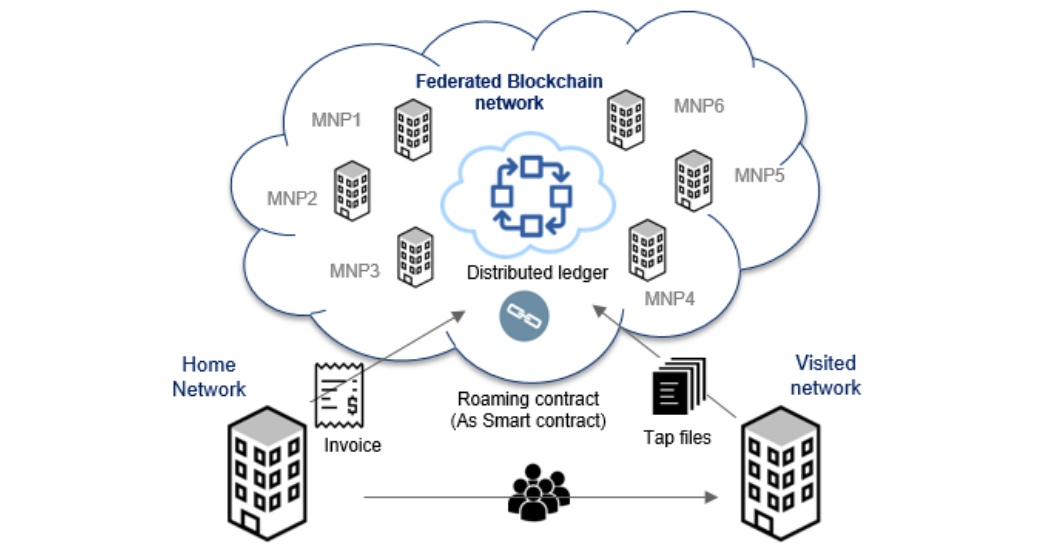-
In this blog, discover how development services for blockchain solutions services are used in different industries to help solve real-world issues, including the use case of invoice reconciliation and dispute resolution.
When inconsistencies emerge around financial settlements, every industry experiences productivity hit. For example, in the supply chain, processes that might even be part of an automated procure-to-pay workstream grind to a halt when the paperwork obtained from an invoice and related items does not fit. Even data-driven industries such as telecommunications are affected, with billions of records for mobile roaming charges and associated payments being reconciled by hundreds of mobile carriers.
Challenges | Invoice Reconciliation
Transactions are kicked out to an analyst for manual processing when documents from the different parties disagree. It is then necessary for both sides to spend much time and effort working towards a resolution. That takes people away from what a company can add value to, such as analyzing data to optimize processes.
Also, the effect on working capital is important. Companies keep millions, if not hundreds of millions, in reserve to minimize liability and ensure cash is on hand to cover mistakes that are usually fixed months down the road. While only a very small percentage of all transactions usually include conflicts, a small change in the dispute resolution process may produce a substantial payback.
Blockchain Advantages for an Invoice Reconciliation and Dispute Resolution System
They include quicker dispute settlements, savings on labor rates by manually settling conflicts, and fewer chances of conflicts not being properly reconciled. Stakeholders find less tied up cash reserves pending for dispute resolution while maintaining good partnerships with partners in the supply chain, manufacturers, and clients.

Blockchain-based Reconciliation and Dispute Resolutions | How It Works
We at Oodles Blockchain have a replicable approach that transforms multi-party dispute resolution. A blockchain network, which functions as a single source of truth available to approved parties, is the cornerstone of the solution. Automation, allowed by smart contracts and agreed-upon business rules, is the engine driving the solution.
Working Flow of the System
Participants transmit process data directly from their record systems to the blockchain, giving selected participants visibility (and to no one else, preserving privacy in an environment where multiple parties are participating). This method often prevents mistakes that come from processes of manual data entry.
To assess the root cause of any conflict, business logic identifies inconsistencies between data elements and records. Is the difference, for example, in the supply chain attributable to a unit of measure mistake, or a distribution position error, or the quantity delivered? Everyone needs to agree on data, text, and voice usage and rates for payments for roaming fee settlements in the telecom room. As new data becomes available, all comparisons get conducted on a near real-time basis. As a result, as they arise, relevant stakeholders report and act upon conflicts, significantly decreasing the duration of the conflict resolution period.
Automated rules for dispute resolution synthesize data on differences to reach consensus. This decision, along with the rules in place, remains clear to all the appropriate participants. Final consensus choices broadcast to the recording system. Within the blockchain distributed ledger, all records, inconsistencies, and subsequent decisions remain stored to create a detailed, permanent audit history.
Introducing blockchain-powered Reconciliation of Invoices and Dispute Resolution in Retail
One established retailer took advantage of a flexible dispute resolution system built with blockchain technology. Both the organization and its participating suppliers can interact with the same details at the same time and thus, make themselves capable of facilitating resolutions easily. But, the real advantage is it leads to enabling retailers to have stronger partnerships with manufacturers.
As per reports, the business is currently realizing a 65 percent decrease in disputes as well as settlement periods. It is due to time reduced within days instead of weeks or months. It builds collaborative and trust-enhanced supplier relationships. Building on this momentum, the business can now grow over time to hundreds of partners and introduce new use cases aimed toward driving better supplier relationships.
Automated Telecom Invoice Reconciliation and Dispute Resolution
A service provider involving international roaming transaction clearing and settlement service can benefit from technology. A blockchain service can provide a comprehensive range of cloud roaming management software for mobile operators. For instance, it can provide solutions for fast, secure, and efficient data collection, clearing and settlements, and more.
Applications use blockchain and smart contracts to automate workflows, apply business rules to the method of settlement, identify discrepancies across the network and resolve them. Blockchain also offers permanent storage of contractual terms and agreements and other transaction records. It makes all relevant reconciliation data upon when human interference requirement immediately available to all parties. Thereby, it speeds up the resolution process. It prevents weeks of study and back-and-forth of emails only to validate terms and rates already agreed.

Source: Wipro
Blockchain-based Reconciliation of Invoices and Conflict Resolution in your Business
Resources can be available for businesses in any industry, depending on how they choose to do business together, including business rules and logic, user interface templates, recording device APIs, and the likes.
Companies can advance from concept to working pilot in less than three months with Oodles blockchain development services. You can scale up by adding new participants to the network after the pilot learning how to strengthen the infrastructure.
The solution can be based on the value-added commercial distribution of the open-source Hyperledger Fabric. It is cloud-agnostic, meaning it can run on-site or in any cloud. Participants in the blockchain network can retain data on the IT infrastructure or 3rd party cloud provider they want. The platform complies with GDPR, so it is ready to foster global business partnerships.
Conclusion
This approach provides a framework for expanding into new roles in the procure-to-pay domain and beyond in supply chain applications. For example, suppliers can exchange inventory level views in real-time. Permissioned network members can monitor returns. Also, carriers can join to expedite freight claims and update the shipping status. For synchronization of purchasing orders, sales order, and shipment alerts, upstream, founding companies may use rules-based automation.
Speed up the processing of disputes, minimize manual processes or reduce the expense of reserves for dispute resolution with blockchain. It tackles privacy and compliance, scales up to manage workflows, and offers an immutable audit trail. Talk to our blockchain experts about creating an invoice reconciliation and dispute resolution network for your business.

Our Offices
INDIA
Emaar Digital Greens, Sector 61,
Gurugram, Haryana
122011.
Welldone Tech Park,
Sector 48, Sohna road,
Gurugram, Haryana
122018.














